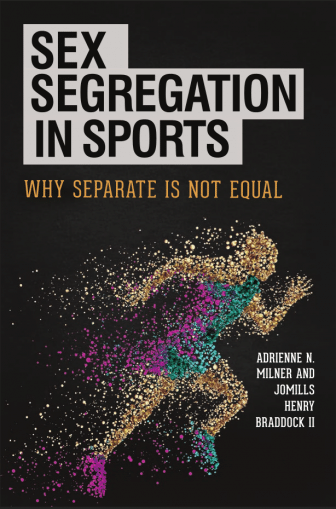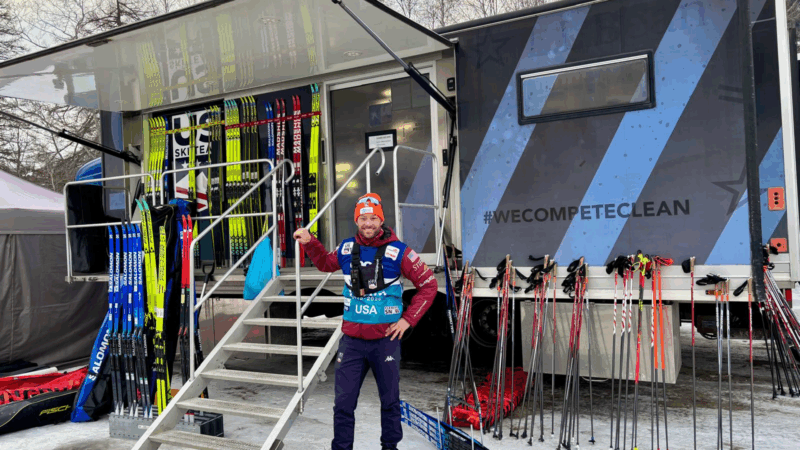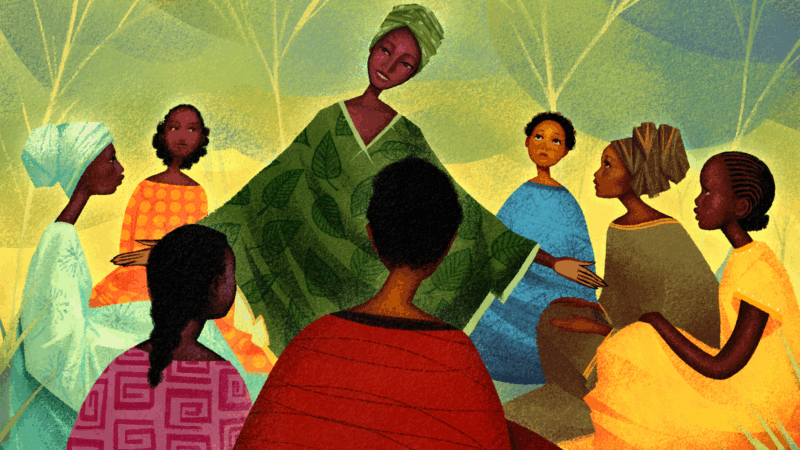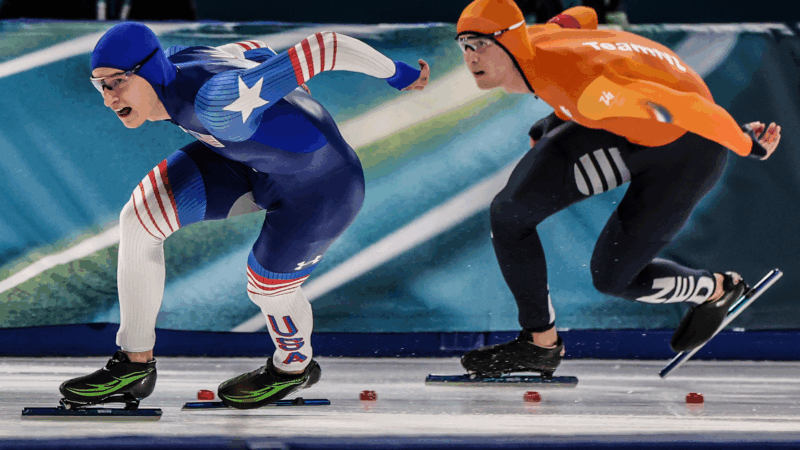Sociologists’ Book Urges End of Sex Division in Sports
Can you imagine a world with no gender divisions in sports? University of Alabama at Birmingham sociologist Adrienne Milner can. Not only that — she wants to help make it happen. Along with University of Miami professor Dr. Jomills Henry Braddock II, she’s written a new book called “Sex Segregation in Sports: Why Separate Is Not Equal.” WBHM’s Dan Carsen caught up with her to ask what else she hopes to accomplish, and why.
Listen to the five-minute on-air version above. Key interview excerpts and a web-only extended version are below.
The Main Argument
“Similar to racial segregation, sex segregation denotes the inferiority of women. Until women are allowed to play in integrated contexts and reach their full potential as athletes and people, we will never have equality in sports and in the broader society.”
Like Race, Sex Isn’t “Real”
“We look at race as a social construction. It is not genetic, it is not biological, and we believe the same is [true] for sex … The male-female dichotomy doesn’t cover everyone, right? We have trans people, intersex people.”
You Can’t Actually Have Football in Your DNA
“There is no ‘football gene’ … And you don’t play football, you don’t play any sport with your genitalia. So there’s no reason to separate people, and we learned with Brown versus Board of Ed that separate can never be equal.”
A (Very Good) Example from the NBA
“Muscle [mass] is not the be-all-and-end-all of sports ability. Look at someone like [recent NBA MVP] Steph Curry, who is small for an NBA player …”
Even If…
“If women [were] always smaller than men, they could still have positions on football teams as kickers. And [in] other sports like diving, where we would maybe look at being smaller as being an advantage, women might excel.”
Why Is This Important?
“Sports show the main problems of other aspects of society … They’re also very beneficial in cutting down obesity, heart disease, [domestic] abuse, and eating disorders.”
Click below for the web-exclusive 17-minute interview, which includes thoughts on cheerleading, men competing on the balance beam (ouch), Milner’s own experiences as an athlete, and the book’s recommendations for making sports more equitable:
The U.S. falters again in figure skating, but the women still have time to make it up
Alysa Liu finished the night in third place, Isabeau Levito finished in eighth and Amber Glenn is in 13th place after a popped jump. That puts extra pressure on all of them for Thursday's medal event.
Meet Yolanda the wax truck, Team USA’s unsung cross-country ski hero
Fast skiers require fast skis. They rely on a team of technicians to wax and prep them for each day's conditions. The U.S. cross-country team has a mobile ski shop that is an unsung hero of their success: Yolanda the wax truck.
WBHM seeks a local government and communities reporter
Come be WBHM’s next local government and communities reporter and bring stories to our audience that help explain public policy and show how those decisions impact people living around Birmingham. […]
A safe space for girls who’ve faced sexual violence
The Democratic Republic of Congo is seeing a significant increase in acts of sexual violence against girls and young women. A support center offers a sanctuary for treatment — and to be heard.
U.S. releases new details on alleged secret Chinese nuclear test
At a event in Washington D.C., A U.S. official said a remote earthquake in 2020 was caused by a Chinese nuclear test.
The very polite, unheated rivalry between Jordan Stolz and Jenning de Boo
The two top speedskating sprinters in the world are a cut above the competition. They battle fiercely on the ice, but refuse to trash talk





